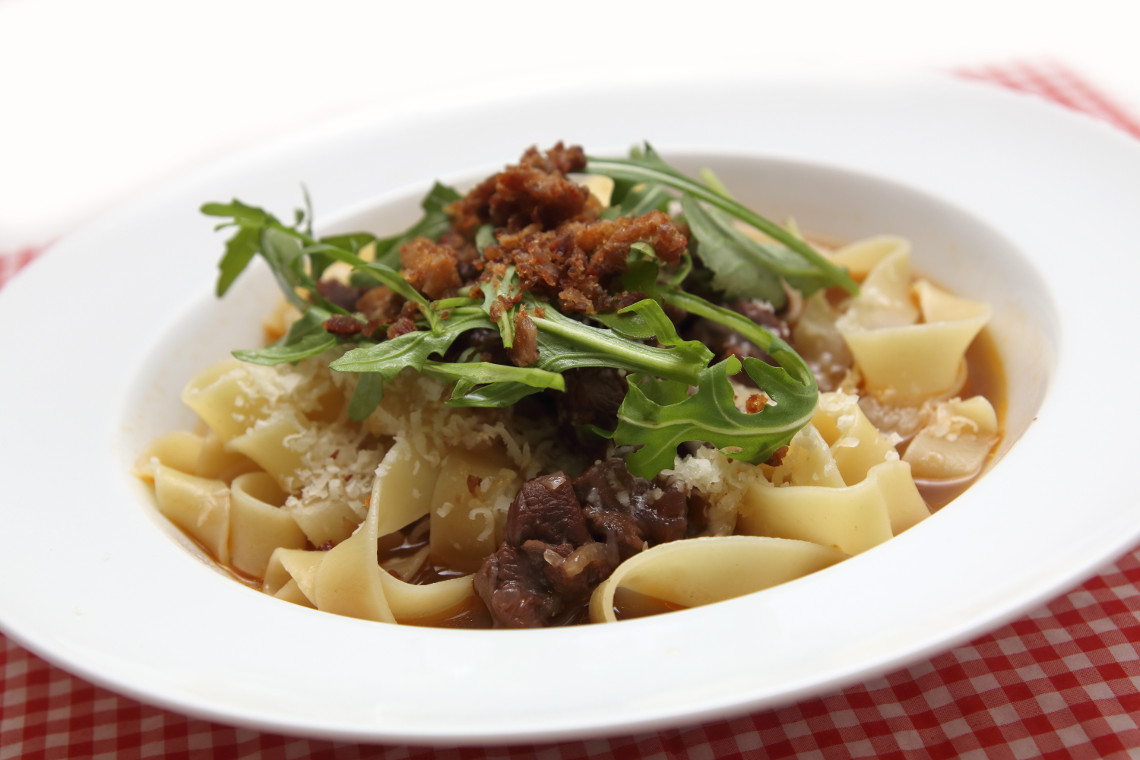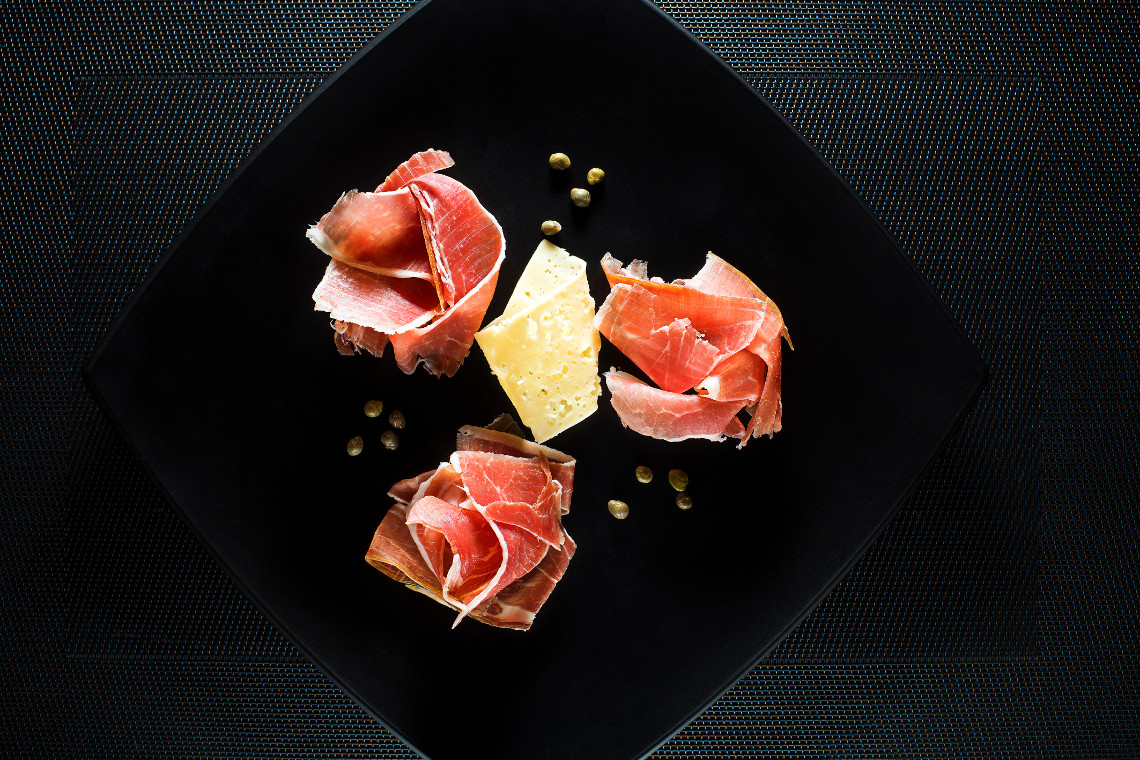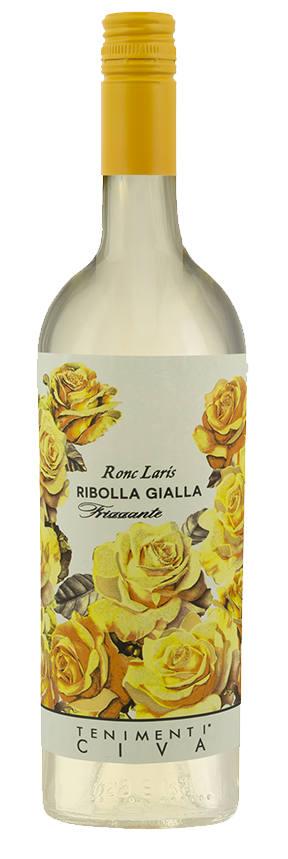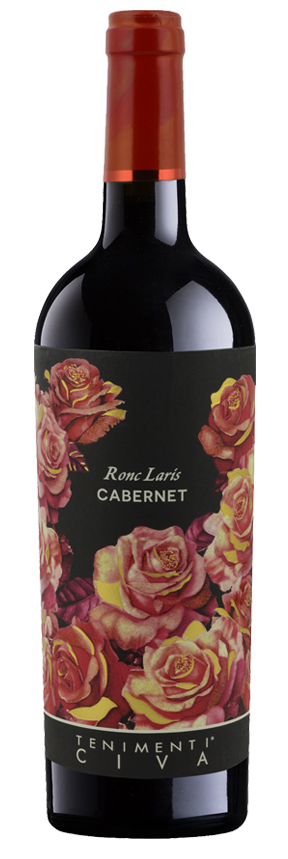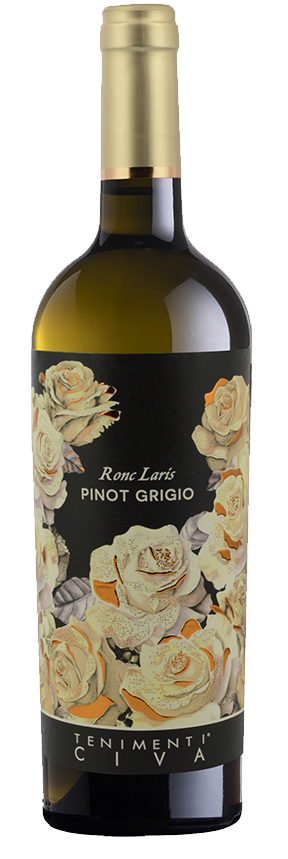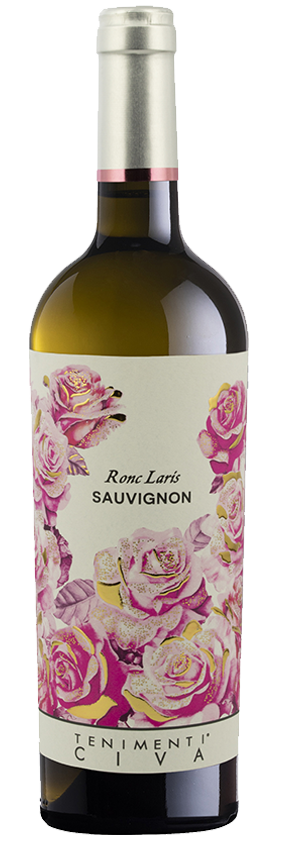end of September/early October, carefully harvested in the coolest hours of the day
Merlot
Ronc Laris
IGT VENEZIA GIULIA
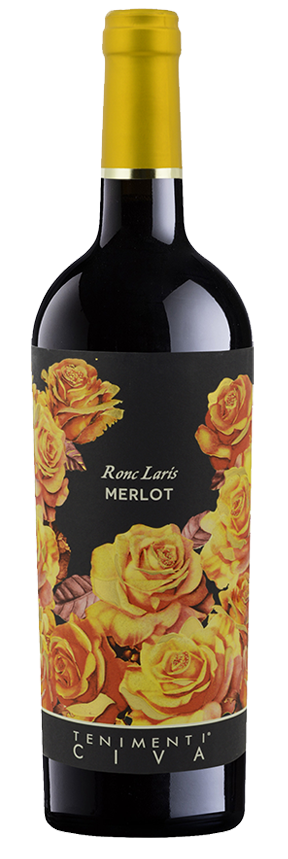
HISTORY
Merlot, of French origin, was introduced in Friuli in the second half of the eighteenth century with the intention of planting it extensively to replace the local varieties, at the time considered of lesser merit. Towards the end of the eighteenth century and during the 1900s, the quality of the area’s Merlot wine led to various awards, and the variety soon spread to much of Friuli.
(Costantini Enos, Mattaloni Claudio, Petrussi Carlo, La vite nella storia e nella cultura del Friuli, Forum Edizioni, 2007.)
Grape variety |
merlot |
|---|---|
Sottonome |
Ronc Laris |
Type of soil |
marl and sandstone flysch of Eocene origin. Locally known as “Ponca” |
Exposition |
south / south west |
Pest control |
low environmental impact integrated pest management |
Temperature service |
15°C |
Alcohol |
12% abv |
DOC |
IGT Venezia Giulia |
maceration and fermentation in stainless steel vats for 15 days at 25°-28° controlled temperature
TASTING NOTES
intense ruby red colour. The nose is delicate and fruity with blackberry, red cherry and plum notes. The freshness is underlined by a nice sapidity and herbal notes. Very soft tannins, it could be even enjoyed slighly chilled
FOOD PAIRINGS
excellent with San Daniele ham and other cured meats. It could be paired very well with veal and pork chops

